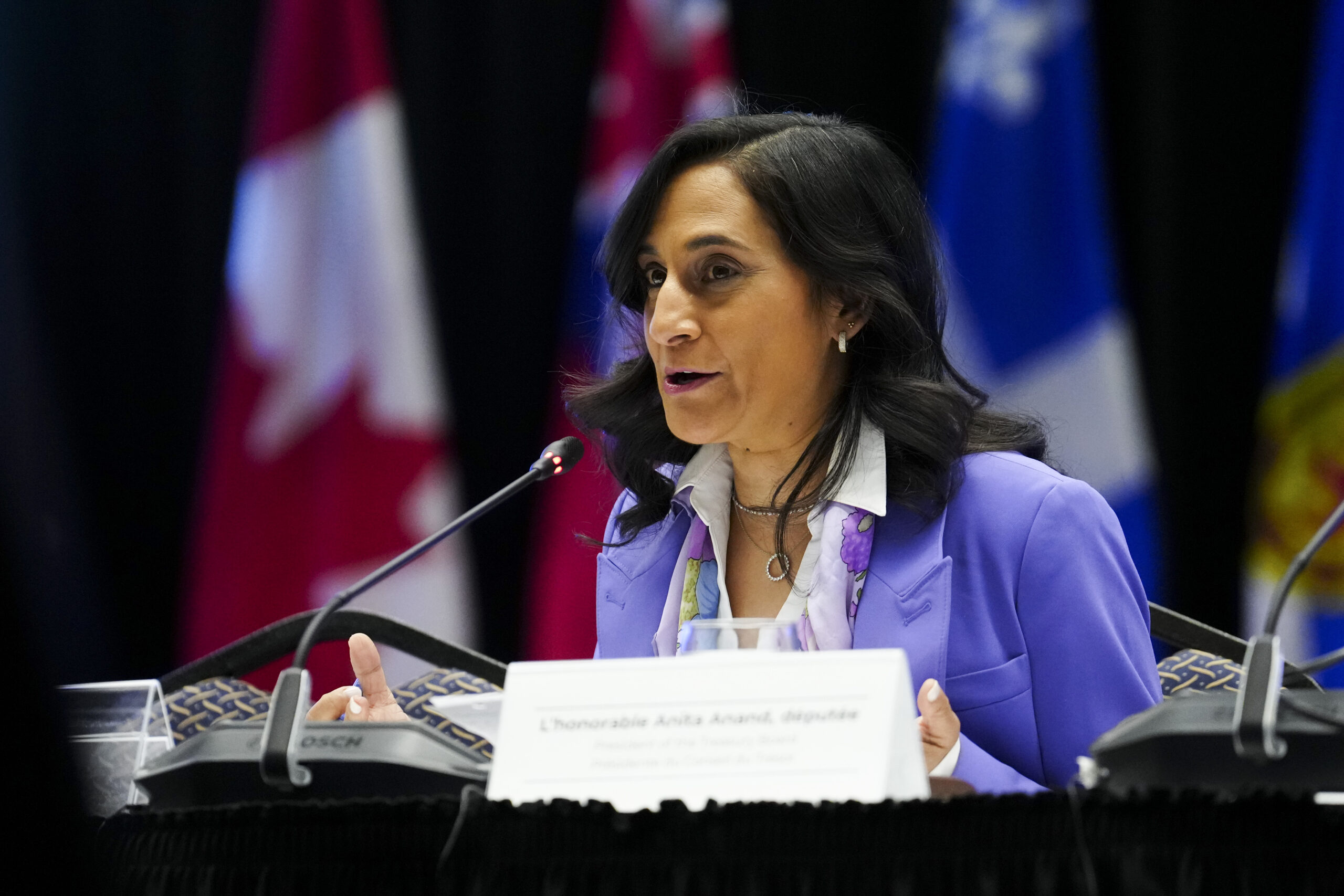
Six more independent senators have taken their seats in the Red Chamber so far in 2024, ready to provide sober second thought on behalf of their regions without the pressure of following the top-down party directives associated with being part of a partisan caucus.
In the past decade, there has been a gradual yet dramatic transition away from the government-opposition duopoly that had characterized the Senate for nearly 150 years.
However, the current Rules of the Senate do not reflect the new reality, in which 80 out of 96 sitting senators are not affiliated with either the government or the opposition.
The rules continue to lag when it comes to the equitable treatment of these recognized groups. They need to be updated in several areas along the lines of a comprehensive package of proposed changes currently being considered in the Senate.
While senators once were divided along the same party lines as their counterparts in the Commons, there are now three new independent parliamentary groups with no partisan links. In addition, a handful of senators sit with no affiliation to any group.
This new organizational structure stems from the Trudeau government’s decision to create an arm’s-length body to advise the prime minister on Senate appointments, with a focus on diversity and gender balance.
Since 2016, 81 independent senators have been appointed under the new process, while others initially appointed to partisan caucuses have chosen to sit as independents.
The shift in the makeup of the Senate was recognized in May 2017 when its rules were changed to formally recognize and provide certain privileges to parliamentary groups not affiliated with a registered political party.
But the strict framework of the current rules, drafted at a time when there had only ever been two caucuses in the upper house, makes it increasingly difficult for many senators to fully participate.
A former special Senate committee on modernization anticipated this growing challenge in its December 2018 report entitled Reflecting the New Reality of the Senate. It called for changes to both the Parliament of Canada Act and Senate rules to keep pace with this changing dynamic.
One of the committee’s recommendations was realized in June 2022 when federal laws were amended to catch up with the major changes in the Senate. The updated Parliament of Canada Act now recognizes the growing contingent of independent senators and the various groups that they represent.
More than 80 per cent of senators now sit in non-partisan groups but the institution’s rules still do not reflect this reality, despite multiple efforts to do so in the chamber and at committee.
To advance these objectives, the Government Representative’s Office in the Senate has developed a comprehensive package of proposed changes and is seeking consensus to get them adopted this spring. This represents a firm commitment to ongoing modernization and fostering the conditions required for the Senate to continue to thrive.
The three main areas in this proposal are:
- The equitable and fair treatment of the Senate’s non-partisan parliamentary groups;
- The modernization of parliamentary processes to improve operations; and
- The introduction of new terminology to reflect the changes to the Parliament of Canada Act.
One proposal addresses the lack of equity in speaking times. There are now four distinct groups in the Senate, in addition to the three-senator government team which should be enshrined in the rules to ensure the views of all senators are heard. A similar proposal was included as part of a recent report of the standing Senate committee on rules, procedures and the rights of Parliament (RPRD).
Equity is also the focus of proposed changes to extend the powers of vote deferrals and decisions on the length of time for votes to be held to non-partisan parliamentary groups, rather than just the government and opposition groups.
Another proposal would ensure more time is dedicated to chamber business on sitting days. The Senate currently has a two-hour evening break from 6-8 p.m. During the pandemic, the Senate adopted a sessional order to limit the evening suspension to one hour. This should be added to the rules for future sessions.
The package also responds to a proposal currently under consideration at RPRD concerning written questions, which are submitted directly to the Senate’s order paper.
There is currently no time limit for the government to respond. To ensure greater efficiency and accountability, we propose implementing a 60-day limit.
The rules would also be changed to introduce a limit on the number of written questions a senator can have at once and a process to examine cases in which the government fails to respond, in line with existing practices in the Commons.
The new independent Senate is more diverse than ever, making it more reflective of the Canadians it represents and therefore able to offer a broader perspective on the issues under consideration.
Improving the Senate’s role as protector of provincial rights
More than half of all senators are women, there is more Indigenous representation and there is also a broader range of experience and backgrounds, all of which enhance the knowledge and views of the Senate as a whole.
Because they are unincumbered by partisan politics and the electoral cycle, independent senators can study legislation through a lens focused on regional interests, minority rights and constitutional considerations.
The new independent Senate has shown an increased willingness to propose amendments and provide observations to legislation that the government ought to consider, in many cases improving the laws that govern this country.
At the same time, independent senators have retained the principle of democratic deference. Despite advocating for changes to legislation, senators have ultimately accepted the will of the elected Commons.
The new makeup of the Senate calls for changes to ensure all senators have a voice, regardless of independence or partisanship. There has been some recent progress on Senate modernization and there will be other proposals in the future.
But one thing we can do now is move forward with these proposed updates to the rules to help keep pace with the institution’s evolution, to enable greater efficiency in day-to-day operations and ultimately to ensure that all senators can fully serve the Canadians they represent.








